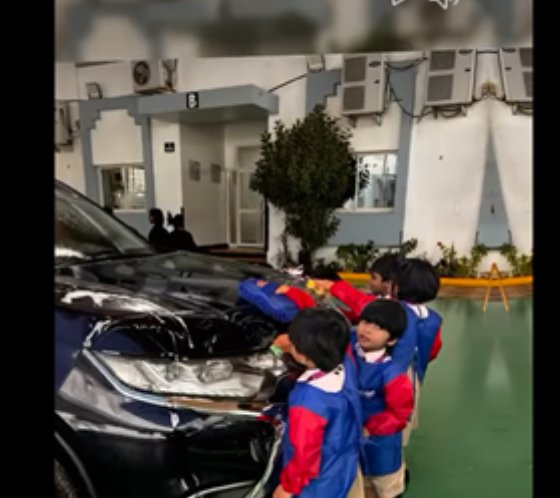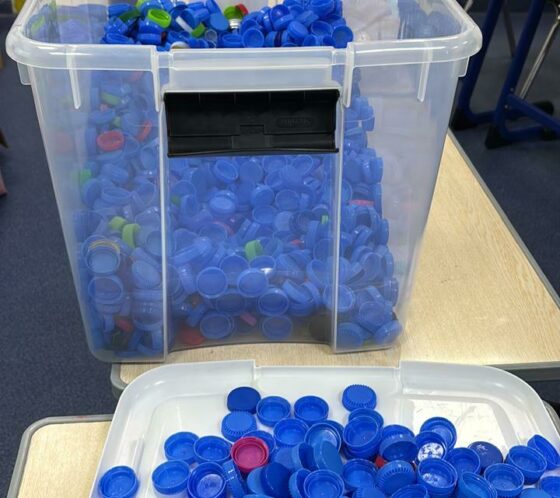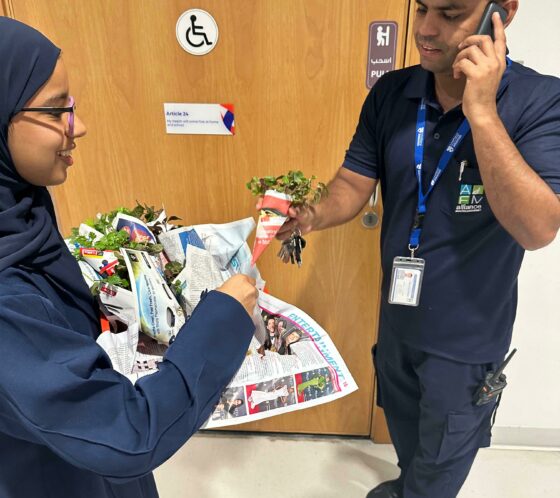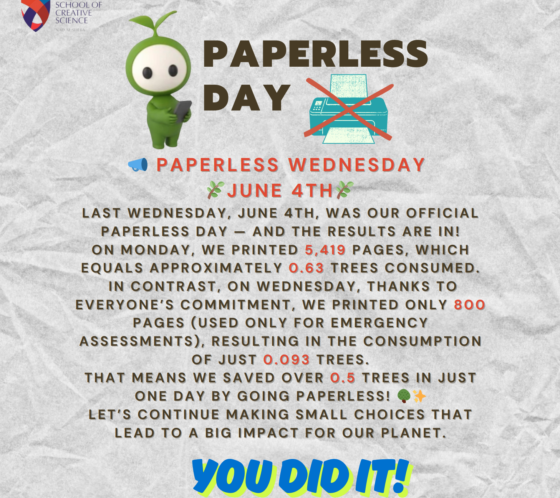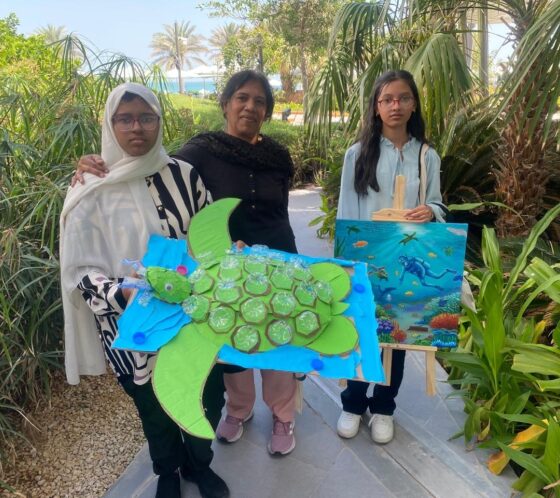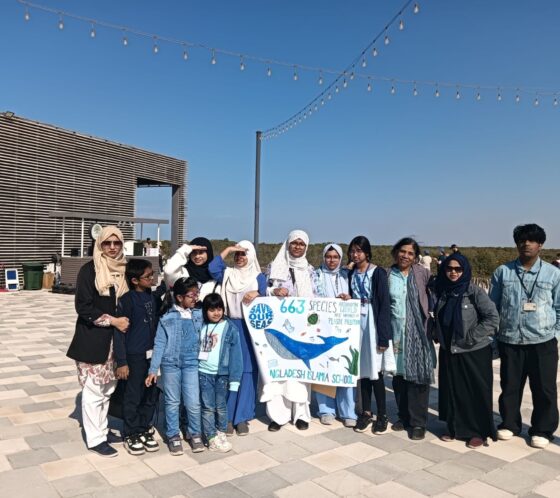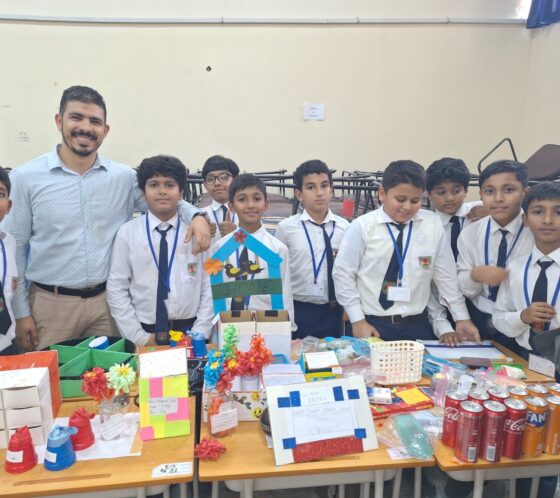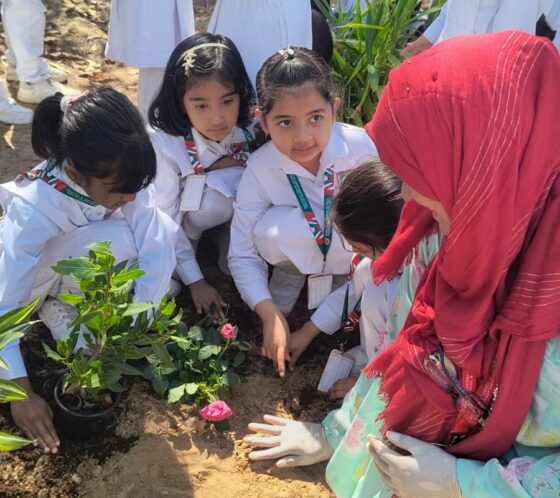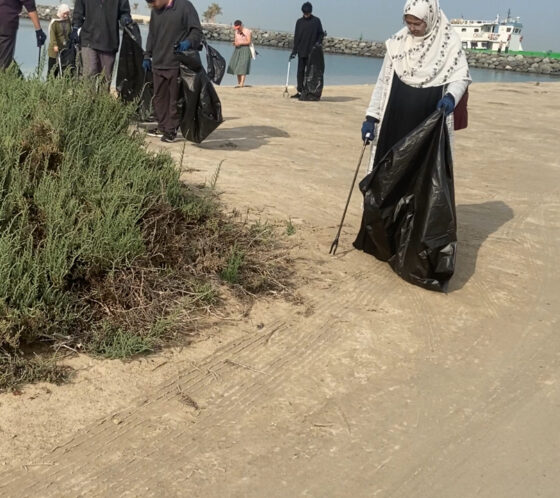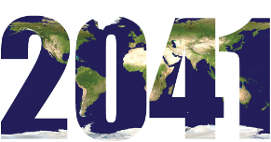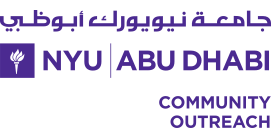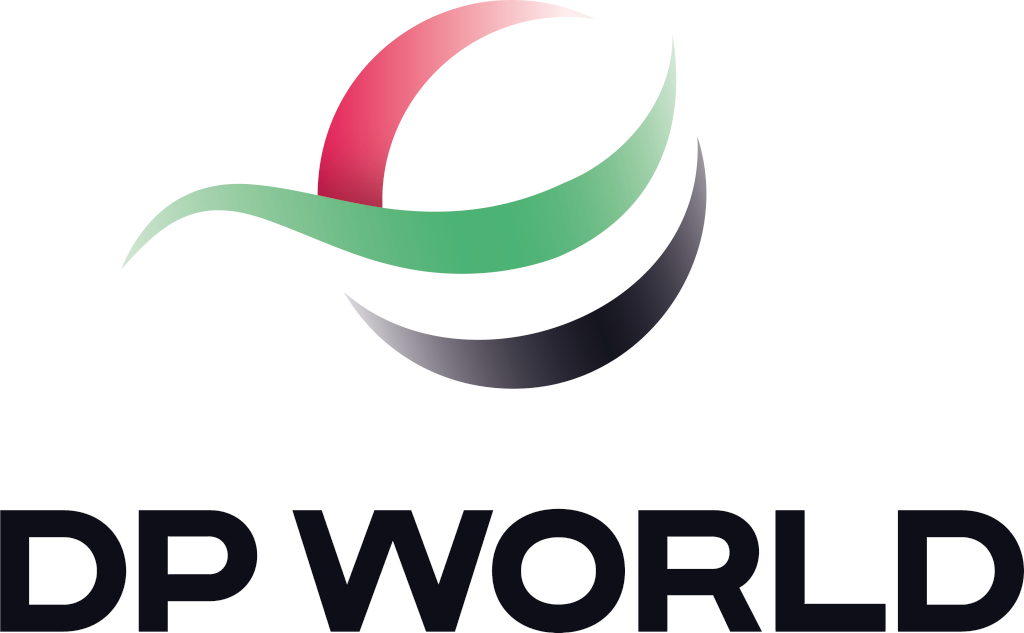At QAS, Grade 7 students recently completed a task that focused on the story of Pedro, a coffee farmer, to raise awareness about the effects of globalization on wages and the environment. Through Pedro’s story, students explored how the global coffee market impacts workers and the planet, while also learning how we can all help make a difference.
Who Is Pedro?
Pedro is a small coffee farmer living in a rural village. For years, he has been growing coffee on his farm, which he sells to large companies that export it to other countries. People around the world, from coffee shops to homes, buy this coffee. This is a perfect example of globalization – the coffee Pedro grows is part of a global supply chain.
However, Pedro faces many difficulties. Although he grows high-quality coffee, he doesn’t get paid enough to cover his basic needs. So, what’s going on? Why is Pedro’s pay so low, and how does this connect to both the workers like Pedro and the environment?
Pedro isn’t the only one. Many farmers in developing countries face the same challenge. Global companies buy coffee in bulk and negotiate prices that are much lower than what is fair for the farmers who grow it. This creates a situation where farmers are paid just enough to survive, but not enough to improve their lives. For farmers like Pedro, the result is not only lower wages but also difficulty in maintaining their farms or investing in better farming practices.
The task helped students understand the connection between the choices consumers make and the well-being of workers like Pedro, as well as the health of the environment. By researching and discussing fair trade, the students recognized that supporting businesses that pay fair wages and use sustainable practices can make a real difference. Please see our work here-Globalisation and wages Report


